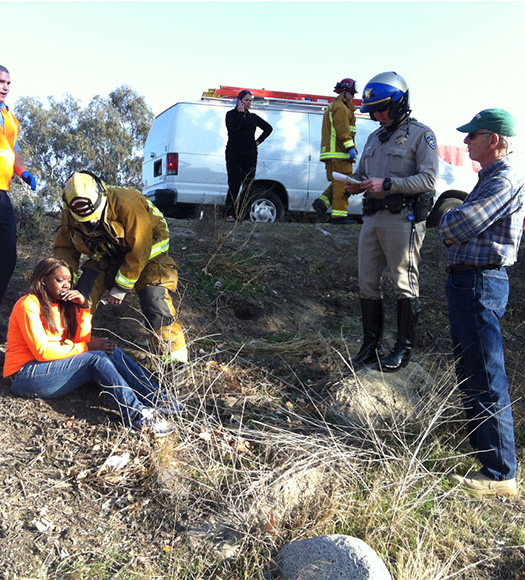Discovering the Performance of Conducting Legal Depositions Remotely Via Virtual Systems

Benefits of Remote Depositions
Remote depositions provide substantial advantages, including raised flexibility and efficiency in legal process. One of the main benefits of conducting depositions from another location is the convenience it gives to all parties involved.
In addition, remote depositions usually lead to much shorter process because of the streamlined nature of digital platforms. With features such as screen sharing, digital exhibits, and real-time transcription, the deposition process ends up being a lot more reliable and concentrated. In addition, remote depositions use boosted access for individuals with handicaps, as virtual platforms can suit numerous requirements, such as shut captioning and screen reader compatibility.
Modern Technology Devices for Virtual Depositions
Building on the performance and flexibility provided by remote depositions, the use of innovative modern technology devices enhances the effectiveness of online deposition processes. Digital depositions profit greatly from the integration of numerous innovation devices that enhance communication, assist in paper sharing, and make sure smooth proceedings. Video conferencing systems like Zoom, Webex, and Microsoft Teams enable smooth real-time interaction between participants, replicating the face-to-face deposition experience. Additionally, specialized deposition software program such as LiveLitigation and CaseLines provide capabilities for exhibition handling, annotation, and electronic signatures, enhancing and lowering management burdens company. Electronic display repositories, cloud storage solutions, and protected file-sharing solutions provide convenient and secure approaches for saving and exchanging deposition-related products. In addition, transcription solutions incorporated with AI modern technologies can give precise real-time transcriptions, aiding in capturing important details and helping with post-deposition evaluation. By leveraging these technology devices, lawful specialists can conduct virtual depositions successfully, making certain a productive and effective process.
Best Practices for Remote Testimonies
Applying efficient methods for making the most of the effect of remote testimonies is vital for guaranteeing integrity and effectiveness in legal procedures. To achieve this, it is crucial to develop clear guidelines and finest practices for performing remote testimonies through virtual systems.

Most importantly, it is necessary to ensure that all individuals know with the virtual system being used for the testament. Supplying training sessions find out or tutorials in advance can help witnesses and attorneys browse the innovation efficiently, lessening interruptions during the actual statement.
Additionally, maintaining a well-prepared and professional attitude is essential for all parties included (Remote Depositions). This includes dressing properly, making sure a neutral and silent history, and performing the testament in a well-lit atmosphere to boost presence
Moreover, developing clear communication protocols, such as increasing hands to talk and muting microphones when not talking, can help streamline the procedure and prevent unneeded interruptions.
Protection Measures in Digital Depositions
In the context of remote legal proceedings, preserving the honesty and discretion of details exchanged during digital depositions necessitates the application of robust security measures. Online depositions existing distinct obstacles in guaranteeing data security due to the virtual nature of the interactions. By prioritizing safety and security actions, lawful specialists can instill trust fund in the online deposition process and support the privacy and stability of the legal proceedings.
Overcoming Difficulties of Remote Depositions
Exactly how can attorneys successfully browse and deal with the obstacles related to conducting remote depositions? One of the primary challenges of remote depositions is making sure the modern technology functions smoothly throughout the entire procedure. To conquer this, it is essential for lawyers to perform comprehensive innovation checks well in advance of the deposition and have back-up plans in position in situation of technological problems. Remote Depositions. Furthermore, keeping a high level of interaction with all events included, consisting of the court reporter, witnesses, and opposite advise, is essential to attend to any concerns promptly.
Implementing stringent gain access click this to controls and firmly sharing papers can even more enhance the safety of remote depositions. By proactively resolving these challenges, legal professionals can successfully perform remote depositions with performance and confidence.
Conclusion
In the fast-evolving landscape of lawful procedures, the change towards carrying out lawful depositions remotely via virtual platforms has actually become a focal point of conversation amongst legal experts.Structure on the efficiency and versatility provided by remote depositions, the use of innovative innovation devices boosts the effectiveness of online deposition processes. Virtual depositions present special obstacles in making sure information security due to the virtual nature of the communications. By prioritizing safety actions, lawful professionals can instill depend on in the digital deposition procedure and promote the discretion and stability of the lawful process.
Regardless of obstacles, the benefits of conducting legal depositions remotely through online systems make it a viable option for legal professionals.